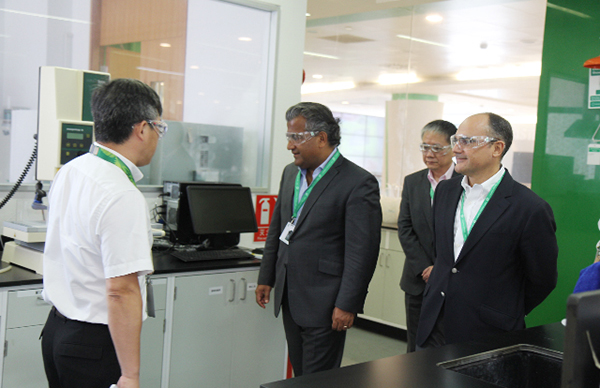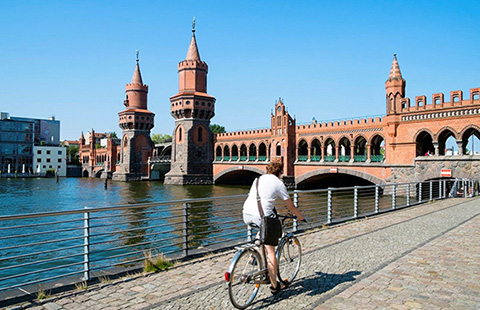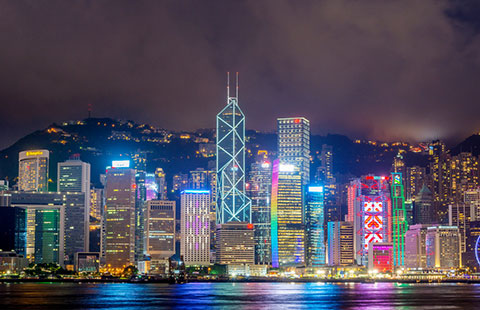BP committed as trusted partner and valuable contributor to China
By LYU Chang (China Daily) Updated: 2015-10-19 13:26
|
 |
|
Dev Sanyal visits BP's Lubricants Technology Center in Shanghai in August. [Photo/China Daily] |
What's your company's strategy to keep profitable under such circumstances?
We have an integrated business, a strong balance sheet, a rigorous financial framework and capital and cost discipline. We have repositioned our portfolio to drive value over volume. The key for the coming years is to ensure that our portfolio remains resilient, with a focus on simplification, capital discipline and efficiency.
As falling crude prices have squeezed BP's profit, does your company have any plan to sell assets to the cash-rich Chinese companies?
When oil prices fall, there is inevitably speculation on M&A. However, I believe the key in any commodity industry is efficiency, irrespective of the cycle. It is a precondition for resilience and for being competitive. Energy is an industry with a long time horizon. As a company, we seek to position ourselves strategically for the long term, while ensuring competitiveness in the short-term. In short, a combination of driving the right portfolio, improving efficiency and increasing reliability will create enduring value.
BP in China is focusing on the downstream sector, and we've seen your PTA Phase 3 just in July. On the other hand, petrochemicals are in a downward cycle. How does BP manage to conquer that cycle?
Every part of the company is important. We are a balanced and integrated company. In July, we were proud to bring in the most advanced PTA technology through the Phase 3 PTA plant of Zhuhai Chemical Co, enhancing our position in the purified terephthalic acid (PTA) market and reinforcing our long-term commitment in China. As a company, we aim to build a competitive advantage by being resilient through the cycle. Operating safely, reliably and efficiently is an integral part of successful business management.
The development of shale gas in China is not going as fast as expected. What do you think are the challenges that have hindered the government's efforts?
According to the World Resources Institute, China ranks No. 1 in terms of volume of technically recoverable shale gas. BP has strong expertise and advanced technologies on shale gas. A combination of factors including technology, infrastructure and access are important platforms for the growth of shale.
This year BP has reached a settlement with federal statement and local on the Gulf of Mexico spill following the Deepwater Horizon accident in 2010. What does this settlement mean to BP?
It has now been five years since the Deepwater Horizon accident, and we have worked hard to build a safer and a stronger BP. We believe that this agreement is a realistic outcome which provides clarity and certainty for all parties.
- 'Ghostly' goings-on attract business at Halloween
- B2C better model for China's ride-booking sector: UCAR
- Belt and Road will lead China to closer interaction with the world
- China's property investment continues to slow
- China's industrial output up 5.7% in September
- China's fixed-asset investment continues to slow
- BP committed as trusted partner and valuable contributor to China
- The Seventh Exposition Conference of Chinese Cities held in Hangzhou

















